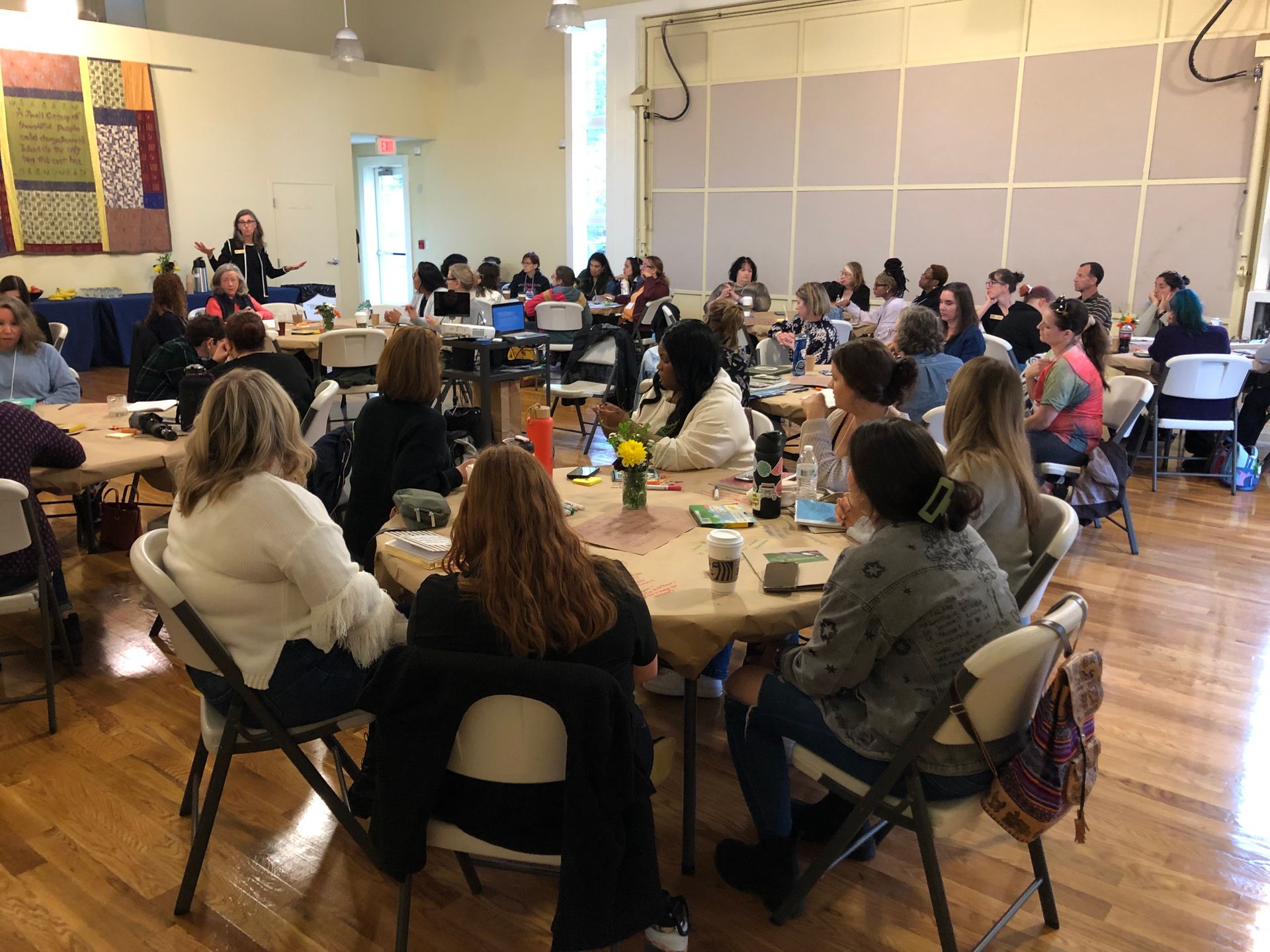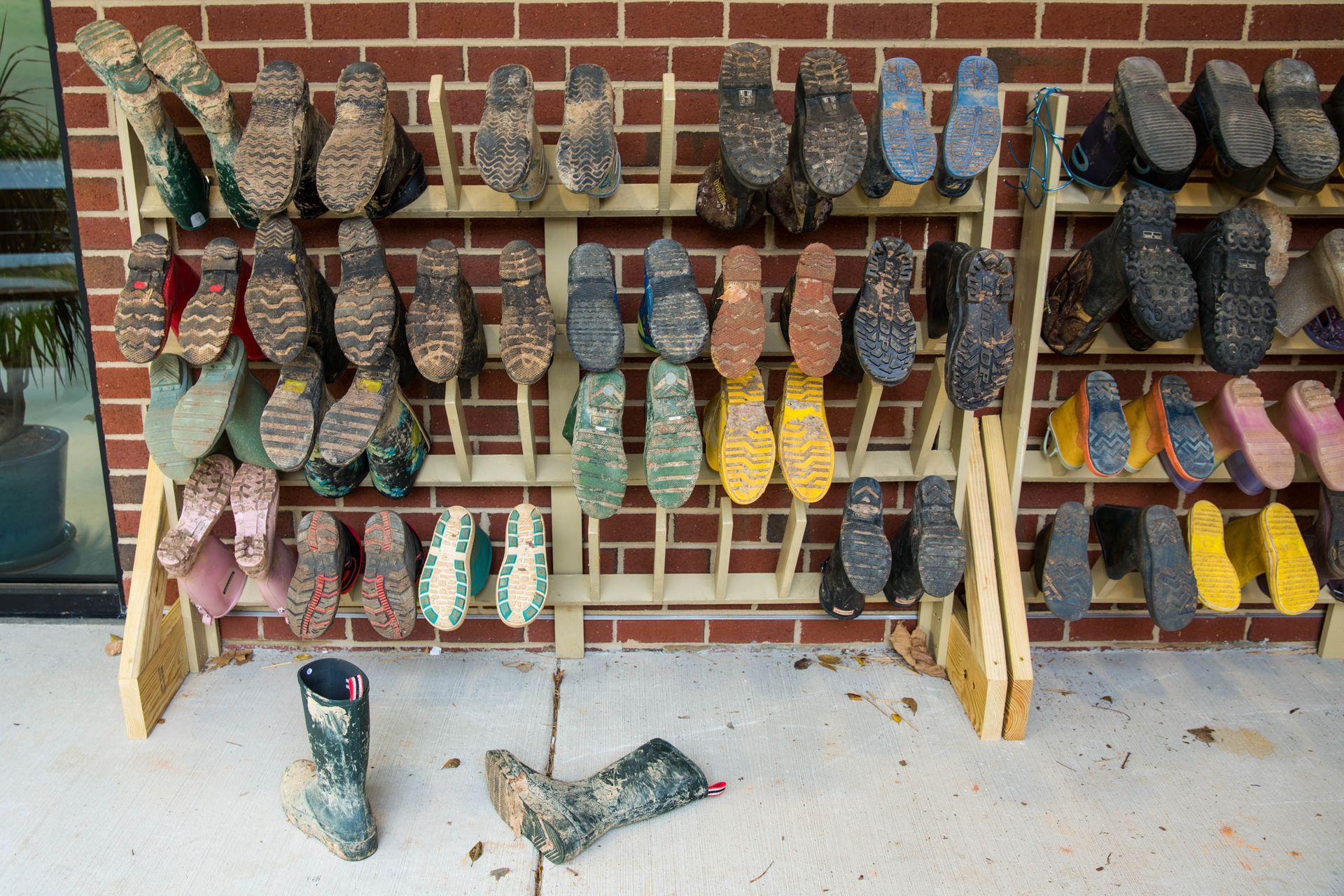Gender Gap II
Librarian: $450
(B,G)
Tech Manager: $475
(B)
Supply Manager: $475
(B,B,G
)
Building & Grounds Manager: $575
(B,B,B)
Banker: $600
(B,B)
This is the list of salaries and genders of the workers. I think it is worth mentioning that on the day we voted we had an absence. There were two people who knew their jobs (won’t bore you with the backstory there.) One low-balled their salary vote in an attempt to be fair, and the other recused himself from the vote on his own salary. This makes such a small sample that mathematical analysis would be sketchy at best. And they are not clear about finding means or the other types of averaging. This will be a unit later in the year, which is one of the reasons I wanted to introduce the topic early.
I think the larger point is that it came up several times in the discussion from both genders that salaries should not depend on gender or anything else. They tried to avoid this by doing things like making proposals in small groups which gradually worked their way up to a whole class vote. This way everyone had a chance to be heard. The voting was secret, so they could not see what other people were voting for. So everyone was totally shocked and disbelieving that after all of that, there was even a possibility that there might STILL be some kind of gender bias. One concept that came up, but did not stay at the top of the discussion, is that whether a job is “hard” depends on who you are. If you are naturally organized and have a great memory, banker may not be so bad, but drawing a cartoon might be awful.
Building and grounds has been a high paying job every year that we have had had jobs where everyone has not been paid the same. It is physical labor, and there are minor repairs and room rearrangement if requested involved as well. This year, both boys and girls advocated for it being a high paying job.
The banker is the one job which has to work outside of school, so most people felt that deserved some sort of salary consideration.
Kristin and I reflected again, and we feel pretty confident that there was no intentional sexism involved at all. But even at that, perhaps there is some underlying thread still remaining from our culture. Are we valuing the full range of gifts and talents necessary for an enriching culture? Are girls feeling inchoate limits that boys are not? Girls, though they voted for building and grounds to have high salaries, did not apply for the job. Why?
Part of the difficulty is that they are voting for something before they understand it. They haven’t done the jobs, and a fifth grader has a fairly loose feel for what real money is worth, much less what imaginary culture money is worth. In the first two years of jobs, I set the salaries, and asked the group to change them later. But for whatever reason, they never would. It seems to be easier to “correct” their own work.
So Kristin and I will keep observing, and asking questions, and choosing a time to revisit the topic.
The post Gender Gap II appeared first on Sabot at Stony Point.
SHARE THIS POST

Please join us for an evening with acclaimed artist Hamilton Glass and local muralists as they present their Emmy Award-winning documentary, Mending Walls: A Healing Art Project. The event will be held at Sabot School and is open to the entire Richmond community. This “pay what you can” event will raise funds to support a Sabot School student workshop led by Hamilton Glass, where students will learn about the Mending Walls project and processes and create a collaborative mural.

Sabot Middle School's Class of 2024 students are making waves nationally with their outstanding achievements. Caroline S. serves as a Virginia House of Delegates Page, proposing legislation on climate change, while Lucian P. earns accolades for his research on imperialism in the Caribbean. Both students exemplify Sabot's commitment to academic excellence and active citizenship, showcasing the school's dedication to nurturing future leaders.
















